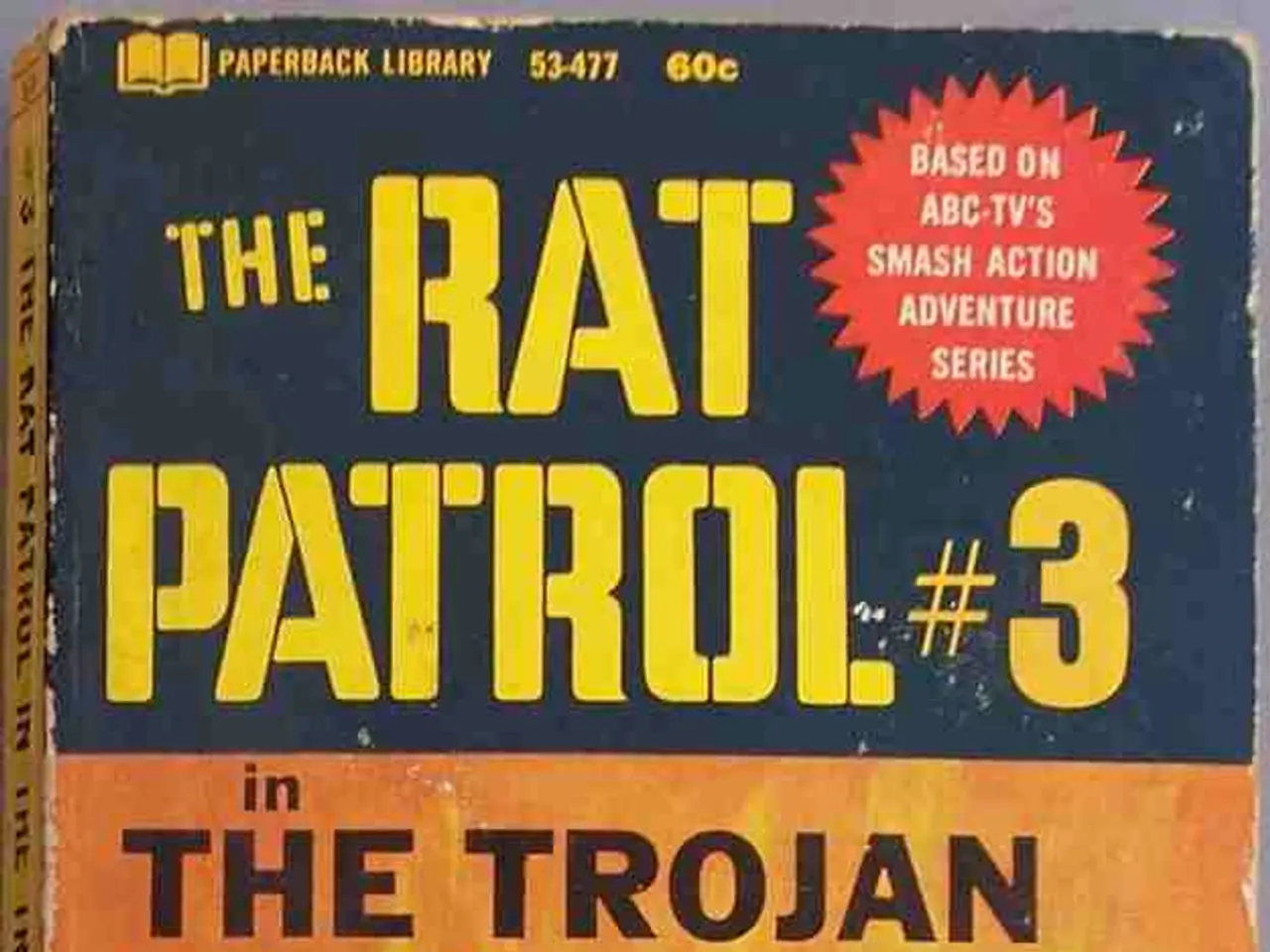Intensifies military operations within Gaza Strip, Israel's decision
In the midst of an escalating conflict, negotiations between Israel and Hamas remain at a standstill, with no signs of a breakthrough as of early August 2025. The Israeli Security Cabinet has approved a plan to take control of Gaza City, aiming to disarm Hamas, secure the return of hostages, demilitarize the Gaza Strip, and establish an alternative civilian administration [1][2][3].
Israeli and U.S. leaders emphasize that increasing pressure on Hamas is crucial to bringing them back to the negotiating table for hostage talks [1]. However, Hamas has condemned the Israeli plan as a war crime and warned it would have a high cost, also accusing Israel of neglecting the welfare of hostages [2].
Internationally, there is condemnation of Israel’s military expansion amid worsening humanitarian conditions in Gaza. The UN Security Council has scheduled emergency briefings on the situation, reflecting concern over both the conflict's humanitarian impact and stalled negotiations [3].
The military campaign has taken a heavy toll on the Gaza Strip. Around 70% of houses in the area are destroyed or severely damaged, with the figure reaching 80-90% in Khan Yunis and parts of Rafah. The goal is to evacuate the residents to refugee camps in the central part of the Gaza Strip by early October [3].
Prime Minister Benjamin Netanyahu has stated that he is determined to free the hostages, dismantle Hamas, and ensure that the Gaza Strip under Hamas rule would never again pose a threat to Israel [3]. There are currently estimated to be 50 hostages in the hands of Hamas, with about 20 believed to still be alive [3].
The Gaza war was sparked by an attack on Israel by Hamas and other Islamic terrorist organizations, resulting in approximately 1,200 deaths and more than 250 hostages. Over 61,000 people have been killed since the war began, according to figures from the Hamas-controlled health authority [3]. About two million Palestinians live in the largely destroyed coastal strip, which Israel currently controls about three-quarters of.
The UN and international aid organizations are already warning of a potential famine in the besieged Gaza Strip, where around two million people live in catastrophic conditions. Critics accuse Netanyahu of prolonging the war for political reasons to appease his coalition partners [3].
Despite some expressions of "maximum flexibility and positivity" from Hamas toward a ceasefire, the talks, mediated by Egypt, Qatar, and the US, have reached a deadlock [2][3]. The operation decided upon will focus exclusively on the city of Gaza in the north of the coastal region, with concerns about the potential danger to hostages in the original plan to completely conquer the Gaza Strip [3].
Netanyahu has clarified that Israel does not want to permanently occupy Gaza, aiming instead to hand control of the Gaza Strip over to Arab forces that do not call for the destruction of Israel [3]. The goal is to establish a stable and secure region, free from the threat of terrorist organizations like Hamas.
Sources: [1] Fox News interview with Prime Minister Benjamin Netanyahu [2] Hamas spokesperson statements [3] UN Security Council briefings and international news reports (August 2025)
The escalating conflict between Israel and Hamas, notably war-and-conflicts and politics, has led to stalled negotiations, as highlighted by the UN Security Council's emergency briefings on the situation [3]. The Israeli plan, a focal point of general news, aims to disarm Hamas and secure the return of hostages, but is strongly condemned by Hamas as a potential war crime [2].






